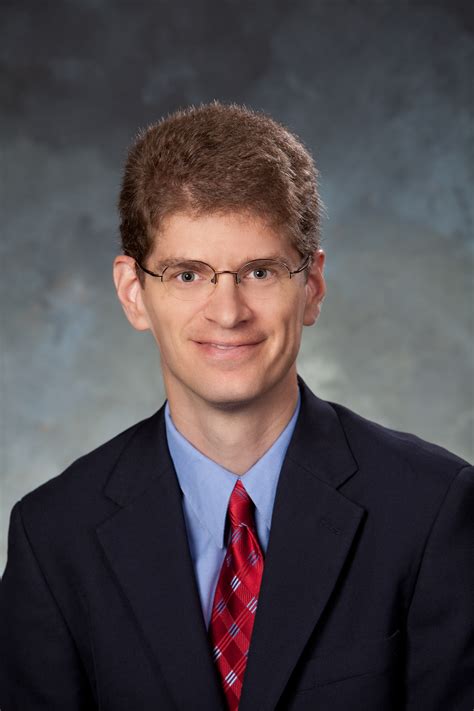A Quote by J. I. Packer
We approach Scripture with minds already formed by the mass of accepted opinions and viewpoints with which we have come into contact, in both the Church and the world....It is easy to be unaware that it has happened; it is hard even to begin to realize how profoundly tradition in this sense has moulded us.
Related Quotes
What is literary tradition? What is a classic? What is a canonical view of tradition? How are canons of accepted classics formed,and how are they unformed? I think that all these quite traditional questions can take one simplistic but still dialectical question as their summing up: do we choose tradition or does it choose us, and why is it necessary that a choosing take place, or a being chosen? What happens if one tries to write, or to teach, or to think, or even to read without the sense of a tradition? Why, nothing at all happens, just nothing.
Liberal education, which consists in the constant intercourse with the greatest minds, is a training in the highest form of modesty. ... It is at the same time a training in boldness. ... It demands from us the boldness implied in the resolve to regard the accepted views as mere opinions, or to regard the average opinions as extreme opinions which are at least as likely to be wrong as the most strange or least popular opinions
Seeing there are many who think they hold the opinions of Christ, and yet some of these think differently from their predecessors, yet as the teaching of the Church, transmitted in orderly succession from the apostles, and remaining in the Churches to the present day, is still preserved, that alone is to be accepted as truth which differs in no respect from ecclesiastical and apostolica tradition.
There were positive things about the church, that is, in the European cultural sense, the architecture, the liturgy, the music, the art, such as it was, the stations of the cross in the church, the tradition, and the atmosphere of awe and mystery in the mass. The atmosphere of miracle, one of mainly mystery, that's what fascinates me.
Conventional opinions fit so comfortably into the dominant paradigm as to be seen not as opinions but as statements of fact, as 'the nature of things.' The very efficacy of opinion manipulation rests on the fact that we do not know we are being manipulated. The most insidious forms of oppression are those that so insinuate themselves into our communication universe and the recesses of our minds that we do not even realize they are acting upon us.
As to those other things which we hold on the authority, not of Scripture, but of tradition, and which are observed throughout the whole world, it may be understood that they are held as approved and instituted either by the apostles themselves, or by plenary Councils, whose authority in the Church is most useful, e.g. the annual commemoration, by special solemnities, of the Lord's passion, resurrection, and ascension, and of the descent of the Holy Spirit from heaven, and whatever else is in like manner observed by the whole Church wherever it has been established.
[T]he scripture worshippers put the writings ahead of God. Instead of interpreting God's actions in nature, for example, they interpret nature in the light of the Scripture. Nature says the rock is billions of years old, but the book says different, so even though men wrote the book, and God made the rock and God gave us minds that have found ways to tell how old it is, we still choose to believe the Scripture.






































